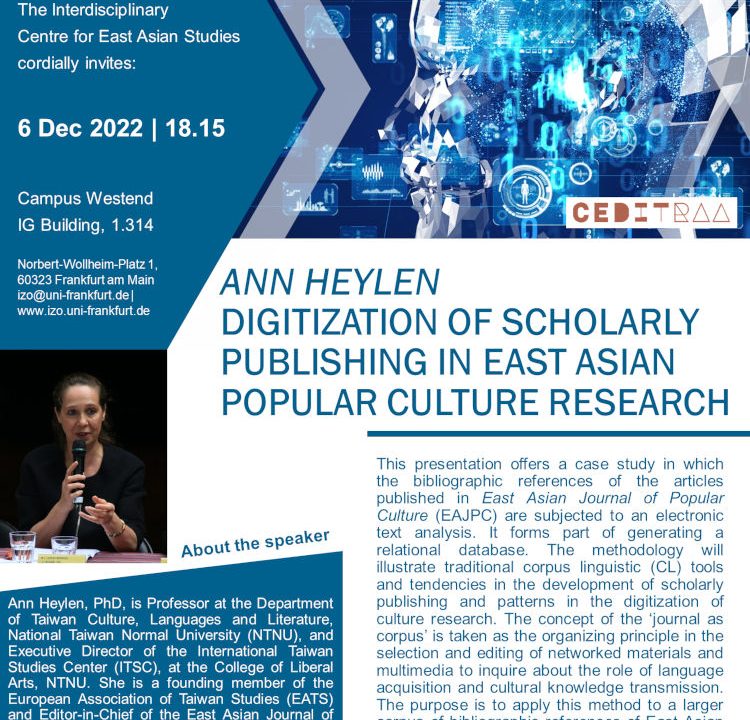Ethnographic methods

The classical method of ethnographic research requires researchers to travel to the people whose cultural practices they intend to study. They live among them for a period of time, learn their language, and participate in their daily activities, methods that are usually subsumed under “participant observation”. When they want, for example, to learn about what is at stake in the music business or how video films are created, researchers spend time with people, interact in conversations, and conduct various kinds of individual and group interviews. The collected data are predominantly qualitative but can also include small sets of quantitative data such as counting artistic productivity (CDs and videos) as well as various methods of documentation: field notes, memory protocols, audio recording and filming, and collecting material objects.
The ethnographic method entails understanding local perspectives, while concomitantly reflecting one’s position as a researcher. Focussing on the local point of view opens up the potential for new conceptual discoveries that cannot be found through reflection at the desk at home. The method also includes studying cultural elements not in isolation but in their wider social and cultural context. To understand, for example, the impact of copyright on cultural production, it will be helpful to focus, in addition to authors and pirates, on the interaction of the various other stakeholders involved in the business. Other requirements entail the building of trust based on reciprocity and dialogue at a personal level, the willingness to engage with the people whose opinions and practices are assessed, and the transparent disclosure of data collection and evaluation.
Globalisation necessitates new ways of carrying out field research that account for the mobility of people, things, narratives, technologies, and media content. Research becomes multi-sited when ethnographers follow cultural entrepreneurs to the various places they travel to and work in, thus replacing long-term research in one place by shorter stays in many places. Digital technology has also revolutionised the ethnographic method. It greatly facilitates data documentation and enables continuous exchange between researchers and the people whose perspectives and practices are studied in distant places around the globe.


